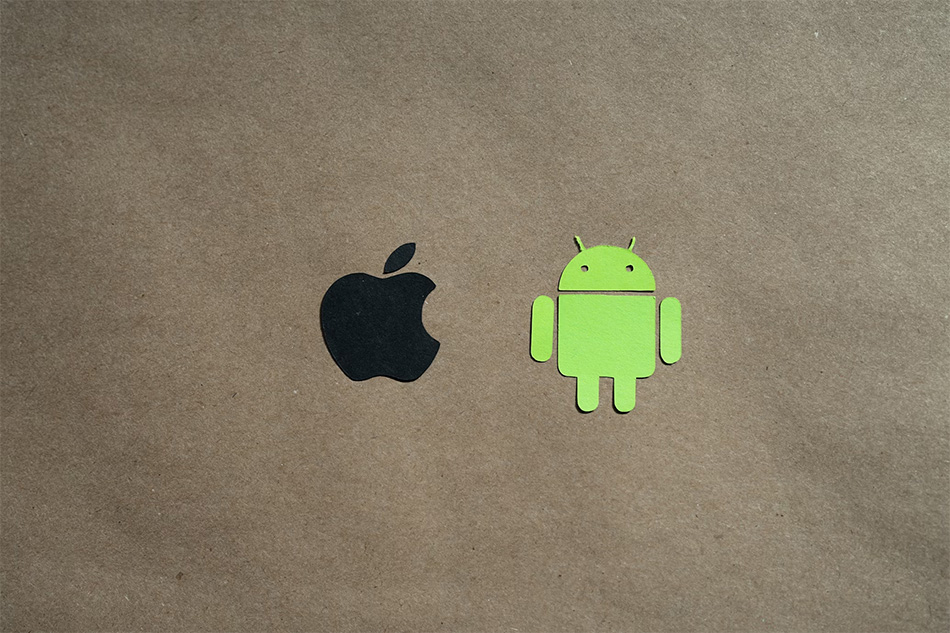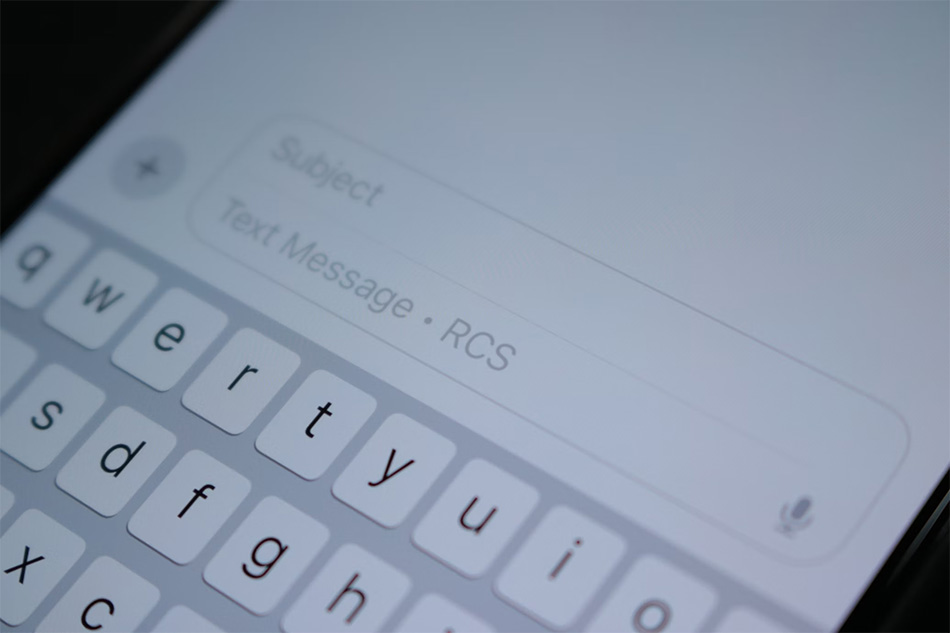RCS Messaging: Revolutionizing Cross-Platform Communication
The arrival of Rich Communication Services (RCS) is changing the terrain of mobile communication. Red redefining how consumers connect between platforms, notably between Apple and Android devices, RCS is positioned as an advanced substitute for SMS. Although its functionalities compete with those of well-known messaging apps like WhatsApp, the technology also begs serious issues regarding privacy and security. The possibilities of RCS messaging, its characteristics, drawbacks, and activation procedures are investigated in this paper.
A Leap Beyond SMS
RCS introduces elements that improve user experience, therefore reflecting a major change from the conventional SMS form. These cover real-time typing indicators, high-resolution photo sharing, read receipts, and flawless multimedia sharing. Apple and Android users can interact on a single platform for the first time; messages delivered via RCS show as green bubbles on iPhones. Apple’s iMessage and Android’s Messages software will now be cross-platform compatible, effectively closing a long-standing divide. RCS is laying the groundwork for a more connected and dynamic communication era as telecom companies get ready for general use. RCS exemplifies how technology can redefine user interaction by bridging gaps in mobile ecosystems.
Bridging the Apple-Android Divide

RCS’s inclusion into iPhones via iOS 18 is a long-awaited mobile communications breakthrough. With delivery confirmations and real-time updates, users may now, like with proprietary apps, trade films, files, and communications. Google has supported RCS as a standard and pushed Apple to use it to produce a consistent messaging experience. Apple and Android users can now interact with capabilities once unique to specific ecosystems by using RCS, hence promoting inclusiveness in mobile communication. This development underscores the importance of inclusivity in advancing cross-platform communication.
Security Concerns and Privacy Risks
RCS has a flaw despite its creative capability: it lacks end-to-end encryption. RCS messages are vulnerable to interception, unlike safe platforms like Signal and WhatsApp, so exposing users to possible data leaks. Cybersecurity concerns, including hacking efforts, highlight even more the hazards related to unencrypted communication. Apple has admitted that RCS is a carrier-provided service, hence sensitive customer data including IP addresses and device IDs may be sent across telecom networks. For those who value privacy, encrypted services are the recommended alternative because of these weaknesses.
Enabling RCS on Your Device
Activating RCS is a straightforward process for both Apple and Android users. Should their carrier support the protocol, iPhone owners running iOS 18 can activate the capability under Settings > Apps > Messages > RCS Messaging. Opening the Google Messages app, using their profile icon to access settings, and toggling on RCS chats let Android users activate RCS. Although the configuration is easy to use, before implementing the technology users have to carefully weigh the ease of RCS against the related security concerns.
Rich Communication Services close the gap between Apple and Android platforms, therefore marking a significant development in mobile communication. Although its improved features offer a more dynamic and coherent user experience, security issues still greatly prevent broad acceptance. Users of mobile messaging must balance the advantages of RCS against its weaknesses as the terrain of mobile messaging changes and choose safe platforms when privacy is vital. The future of communication is in juggling innovation with the protection of user data; RCS is a striking but sobering illustration of this dynamic.

